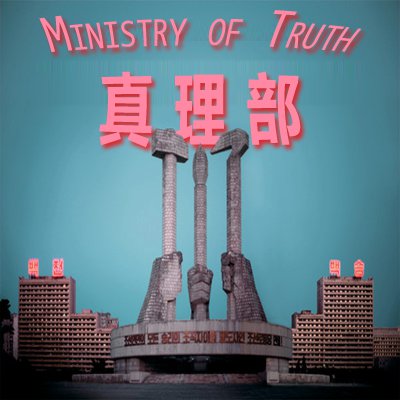The following censorship instructions, issued to the media by government authorities, have been leaked and distributed online. The name of the issuing body has been omitted to protect the source.
All websites: regarding news on the Malaysian government’s decision to terminate China-Malaysia cooperation contracts, all websites must not reprint or quote related reports in foreign media. Do not hype relevant topics. Promptly clean up harmful information from comments on interactive sections. (January 20, 2019) [Chinese]
Last August, Malaysian Prime Minister Mahathir Mohamad announced the temporary cancelation of a $20 billion Chinese-funded rail project and other contracts until his country could afford them, after criticizing “unfair” infrastructure deals signed by his scandal-ridden predecessor, Najib Razak. Earlier this month, a Wall Street Journal report revealed Beijing’s 2016 offer of bailouts, surveillance of journalists, and diplomatic pressure on international probes into Razak administration scandals, in exchange for Malaysia’s agreement on Belt and Road Initiative projects. Malaysian media has since reported that, “While many thought Dr Mahathir would take this golden opportunity to renew his fiery attacks on China projects, his response was uncharacteristically boring: ‘We need to find the documents to be used as proof that this actually happened. At the moment, this is just a story in the press,’ he said, adding: ‘Until then, no action could be taken’.”
Meanwhile, as a growing number of governments mull barring Huawei, a Chinese firm believed to have strong links to Beijing, from 5G construction plans, Prime Minister Mahathir Mohamad has said that he has not found the firm doing anything wrong in Malaysia: “Malaysia is not going to just follow what other people are doing. We have to study and find out whether there is a basis for the action that they took against this company.”









